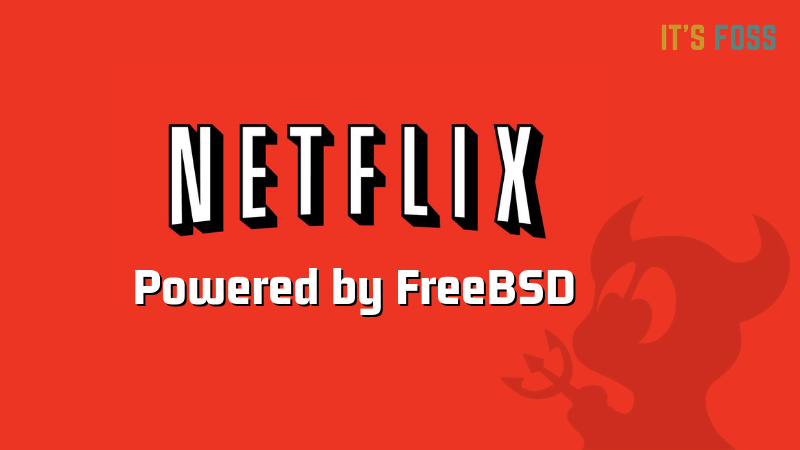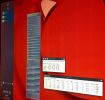I'm using -CURRENT on a VM where I can do snapshots in case something breaks, etc.
I want to know the experience of people using -CURRENT for serious workloads.
Why do you use CURRENT?
How many times it broke?
Do ZFS snapshots help in this case? Which other tools and processes you use to make sure nothing breaks?
I want to know the experience of people using -CURRENT for serious workloads.
Why do you use CURRENT?
How many times it broke?
Do ZFS snapshots help in this case? Which other tools and processes you use to make sure nothing breaks?






